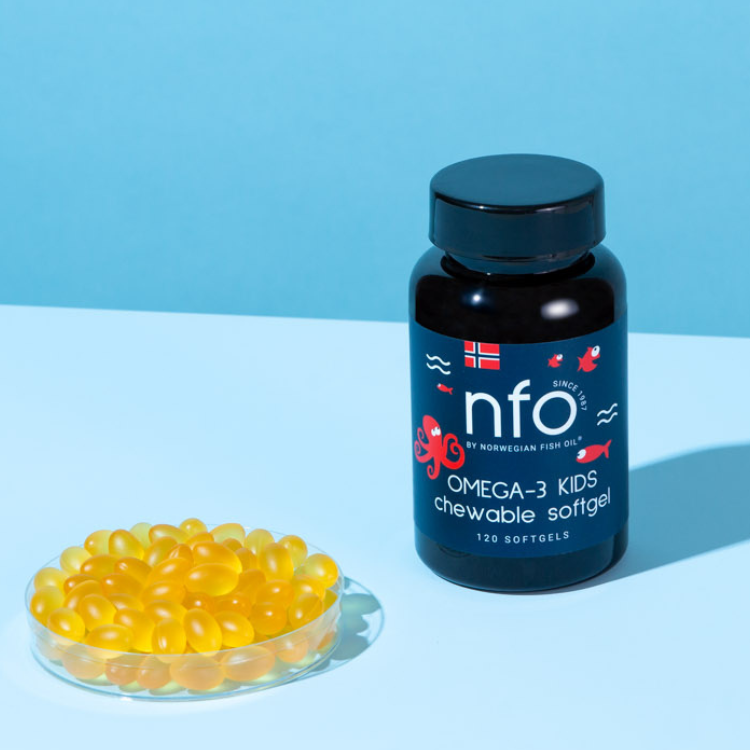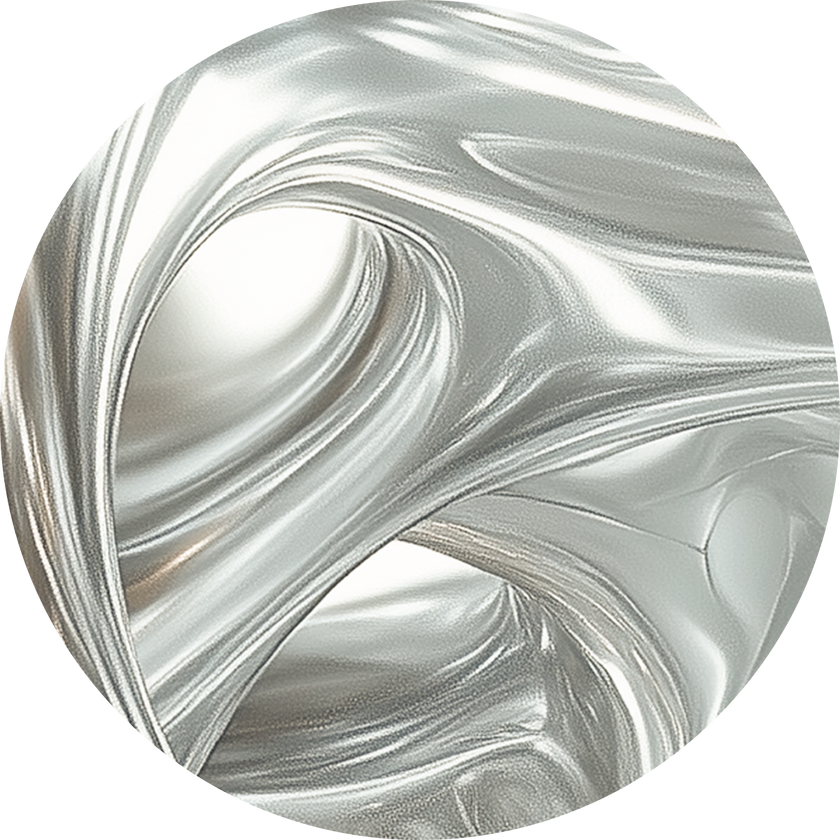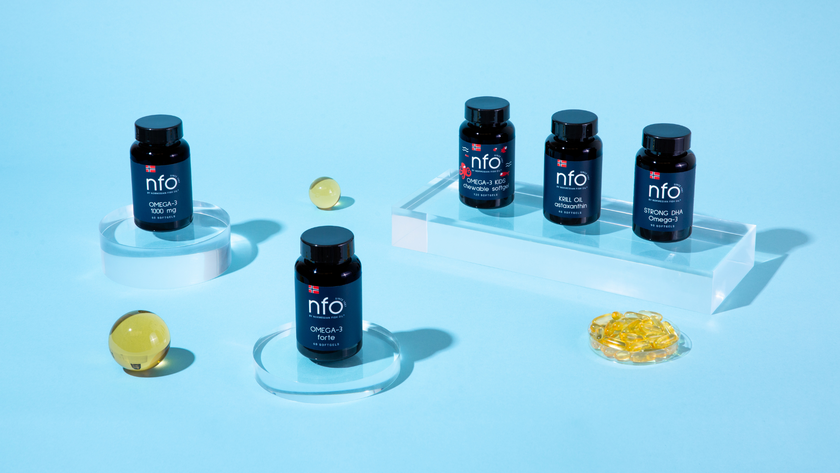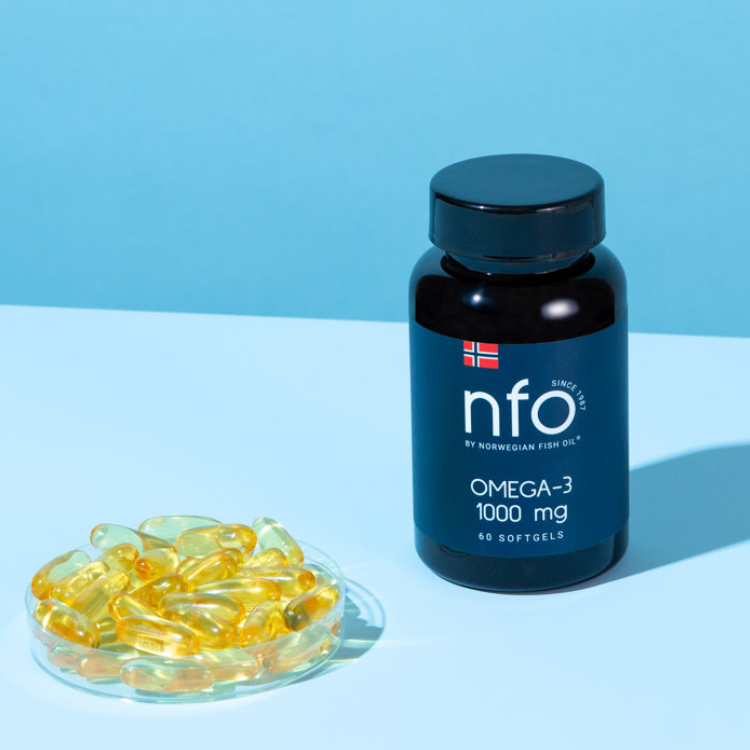Inflammation is a natural process. It helps your body heal and fight infections. But when it lasts too long, it can lead to serious health problems. Chronic inflammation is linked to heart disease, diabetes, joint pain, and even depression.
A healthy diet, regular movement, and good sleep are key to reducing inflammation. But sometimes, supplements can give extra support. In this article, we share 10 of the best supplements that help fight inflammation – backed by science and easy to understand.
1. Omega-3 Fatty Acids
Omega-3 fatty acids are essential fats. Your body cannot make them, so you must get them from food or supplements. They are found in fatty fish like salmon, mackerel, and sardines. The main anti-inflammatory compounds in omega-3s are EPA and DHA.
These healthy fats help reduce levels of inflammatory molecules like prostaglandins and cytokines (Calder, 2017). Omega-3 supplements have been shown to ease symptoms of rheumatoid arthritis, lower the risk of heart disease, and even support brain health.
Explore NFO Omega-3 Softgels – rich in EPA & DHA and 100% IFOS-certified.
2. Curcumin (from Turmeric)
Turmeric is a golden-yellow spice used in Indian cooking. The main active ingredient is curcumin – a powerful anti-inflammatory and antioxidant compound. Curcumin works by blocking NF-κB, a molecule that turns on inflammation in the body (Jurenka, 2009).
Curcumin supplements have been studied for arthritis, muscle soreness, and even digestive inflammation. But curcumin is poorly absorbed on its own. To improve absorption, look for products that contain piperine (black pepper extract) or are in liposomal form.
3. Ginger
Ginger is not just a spice for tea. It has been used in traditional medicine for centuries to treat pain and swelling. Ginger contains compounds like gingerols and shogaols that have anti-inflammatory effects.
Studies show that ginger can reduce pain and stiffness in people with osteoarthritis and may help with menstrual pain and muscle recovery (Daily et al., 2015).
4. Spirulina
Spirulina is a blue-green algae rich in protein, vitamins, and antioxidants. It is one of the most nutrient-dense superfoods on the planet. It also has strong anti-inflammatory properties, especially against allergic reactions and chronic fatigue (Karkos et al., 2011).
Spirulina helps lower inflammatory markers like IL-6 and can also support your immune system. It is a great choice for vegans and people who want a plant-based anti-inflammatory boost.
Fuel up with NFO Organic Spirulina – vegan-friendly and sourced from clean waters.
5. Green Tea Extract
Green tea is rich in polyphenols – plant compounds that fight inflammation. The most powerful one is EGCG (epigallocatechin gallate). EGCG blocks the production of pro-inflammatory cytokines and protects cells from damage (Singh et al., 2011).
Green tea extract is often used to support metabolism, weight control, and healthy ageing. It is also good for heart and brain health.
6. Resveratrol
Resveratrol is a compound found in red grapes, blueberries, and peanuts. It has antioxidant and anti-inflammatory properties. Resveratrol works by reducing the activity of inflammatory enzymes like COX-2 and inhibiting NF-κB (Rahman et al., 2020).
This supplement is popular for heart health, brain support, and healthy ageing. It may also help lower blood sugar and improve insulin sensitivity.
7. Vitamin D
Many people don’t get enough vitamin D – especially those who live in northern countries or spend most of their time indoors. Low levels of vitamin D are linked to higher inflammation in the body.
Vitamin D helps regulate your immune system and reduces inflammatory markers like CRP (C-reactive protein) (Zittermann et al., 2015). It also supports bone health, mood, and hormone balance.
8. Magnesium
Magnesium is a mineral involved in over 300 processes in your body. It helps muscles relax, supports the nervous system, and controls blood sugar. Low magnesium is linked to chronic inflammation, especially in people with metabolic syndrome or diabetes (Rosique-Esteban et al., 2018).
Magnesium supplements reduce CRP and improve markers of inflammation. They are also useful for stress, sleep, and headaches.
Relax with NFO Magnesium Glycinate – gentle, non-laxative form perfect for daily use.
9. Alpha-Lipoic Acid (ALA)
Alpha-lipoic acid is a powerful antioxidant that your body makes in small amounts. It helps turn glucose into energy and neutralises harmful free radicals. ALA reduces inflammation by lowering oxidative stress and improving insulin function (Ziegler et al., 2004).
It is especially helpful for people with nerve pain, diabetes, and heart issues.
10. Bromelain
Bromelain is an enzyme found in pineapples. It helps digest proteins and also reduces swelling and inflammation. Bromelain is often used to treat sinus infections, muscle soreness, and joint pain.
It has been shown to block inflammatory molecules and improve recovery after surgery or injury (Brien et al., 2004).
Final Thoughts
Inflammation is part of life. But when it gets out of control, it can harm your health and lower your quality of life. These 10 supplements are natural tools to reduce inflammation and support your body.
They are not magic pills. But with the right diet, exercise, and sleep – they can make a big difference over time.
Always speak with your healthcare provider before starting new supplements, especially if you are taking medications or have health conditions.
Start small. Listen to your body. Stay consistent.
References
- Brien, S., Lewith, G. and Walker, A., 2004. Bromelain as a treatment for osteoarthritis: a review of clinical studies. Evidence-Based Complementary and Alternative Medicine, 1(3), pp.251–257.
- Calder, P.C., 2017. Omega-3 fatty acids and inflammatory processes: from molecules to man. Biochemical Society Transactions, 45(5), pp.1105–1115.
- Daily, J.W., Yang, M. and Park, S., 2015. Efficacy of ginger for alleviating the symptoms of primary dysmenorrhea: a systematic review and meta-analysis of randomized clinical trials. Pain Medicine, 16(12), pp.2243–2255.
- Jurenka, J.S., 2009. Anti-inflammatory properties of curcumin, a major constituent of Curcuma longa: a review of preclinical and clinical research. Alternative Medicine Review, 14(2), pp.141–153.
- Karkos, P.D., Leong, S.C., Karkos, C.D., Sivaji, N. and Assimakopoulos, D.A., 2011. Spirulina in clinical practice: evidence-based human applications. Evidence-Based Complementary and Alternative Medicine, 2011.
- Rahman, I., Biswas, S.K. and Kirkham, P.A., 2020. Regulation of inflammation and redox signaling by dietary polyphenols. Biochemical Pharmacology, 82(4), pp.431–445.
- Rosique-Esteban, N., Guasch-Ferré, M., Hernández-Alonso, P. and Salas-Salvadó, J., 2018. Dietary magnesium and cardiovascular disease: a review with emphasis in epidemiological studies. Nutrients, 10(2), p.168.
- Singh, B.N., Shankar, S. and Srivastava, R.K., 2011. Green tea catechin, epigallocatechin-3-gallate (EGCG): mechanisms, perspectives and clinical applications. Biochemical Pharmacology, 82(12), pp.1807–1821.
- Ziegler, D., Hanefeld, M., Ruhnau, K.J., Hasche, H., Lobisch, M., Schütte, K. and Kerum, G., 2004. Treatment of symptomatic diabetic polyneuropathy with the antioxidant alpha-lipoic acid: a meta-analysis. Diabetic Medicine, 21(2), pp.114–121.
- Zittermann, A., Iodice, S., Pilz, S., Grant, W.B., Bagnardi, V. and Gandini, S., 2015. Vitamin D deficiency and mortality risk in the general population: a meta-analysis of prospective cohort studies. American Journal of Clinical Nutrition, 95(1), pp.91–100.








